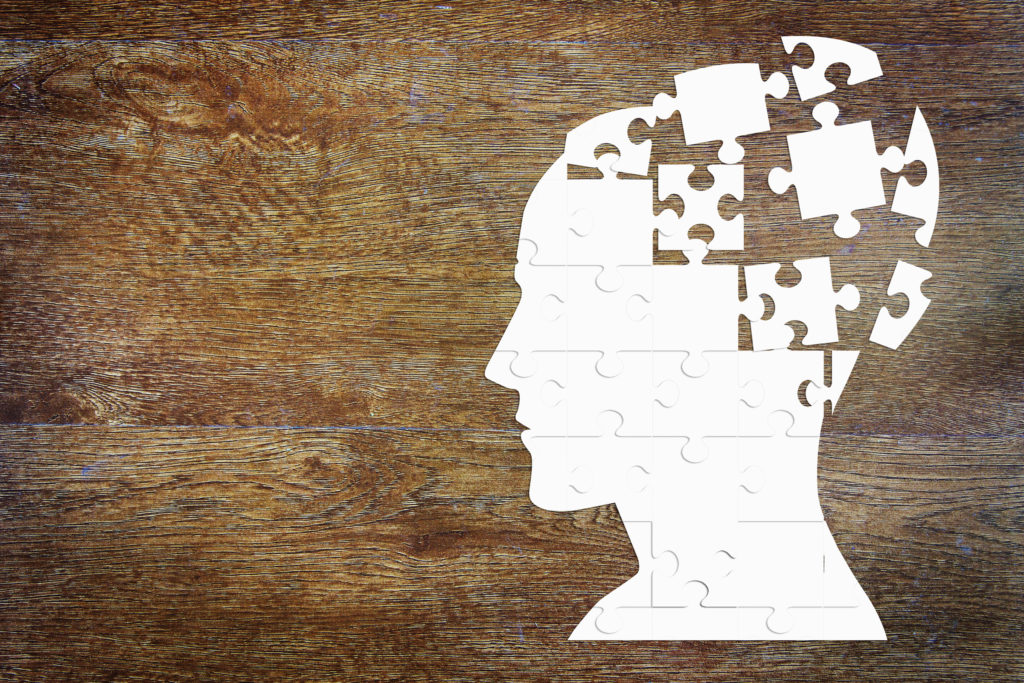What is a psychological-and-educational evaluation? And what is it good for?
Parents often think of the “psycho-ed eval” mostly as a ticket to extra time on standardized tests for their children. While an evaluation may turn out to be that—although one can’t be sure in advance—a thorough evaluation provides a great deal more.
Evaluators gather and analyze information about how a person . . .
- processes verbal and spatial information,
- codes and retrieves memories,
- organizes themselves and manages impulses,
- pays attention or gets distracted,
- responds socially and emotionally, and
- functions academically in all areas.
The result is a report with specific recommendations for how best to help a person succeed in school and manage their feelings and relationships.
Such reports can indeed provide the documentation necessary for a student to receive specific school accommodations and support, whether extra time on tests, preferential seating, pre-teaching, summer instruction, study skills assistance, or other supplemental specialized instruction (speech and language therapy, occupational therapy). Does a student have a learning disability? This kind of an evaluation is designed to answer that question. If the answer is yes, a public-school student is entitled to supports and accommodations. (For private school students, it’s a different story.)
Evaluations can and should also clarify the psychological and emotional status and needs of an individual (adults as well as students)—information key to determining whether and what kind of psychotherapeutic support may be appropriate. This information can also be useful to medical doctors, including psychiatrists, seeking to clarify a diagnosis. Not least, it can help parents better understand their child’s experience, and suggest more effective ways to support them in day to day life.
Okay, but can’t I get an evaluation from the school district, for free?
Parents may be able to persuade their local school district to provide an evaluation free of charge. Districts differ greatly in how willing they are to do an evaluation, and in the quality of the evaluations they do. Attention, executive functions, and psychiatric diagnoses are not typically assessed or reported by a school district.
Rather than a single, integrated report, a school district’s findings are parceled out in many short, discrete reports. These are presented without recommendations, and reviewed at a meeting the parents attend. Typically, as parents struggle to assimilate the information in the meeting, the district makes a take-it-or-leave-it determination as to what if anything the school is willing to do to support the child. Often, the scope and particulars of these plans have as much or more to do with budget constraints than they do with the documented needs of the student. What the district is willing to offer, and what it should offer according to law, may be different.
By contrast, an independent evaluator is free to gather all relevant information and integrate it into a comprehensive cognitive, emotional and behavioral portrait of the child. Strengths as well as vulnerabilities are highlighted. The evaluator makes recommendations on the basis of what is in the best interests of the person being evaluated, rather than what a particular school district is willing to offer. A good evaluation will couch its findings and recommendations in terms that will be harder for a district to set aside.
There are a lot of people who do evaluations. How should I pick one?
In looking for an evaluator, you want someone with a broad and deep background in psychology and education, who can communicate clearly both verbally and in writing, and who is able and willing to land on a square with respect to what’s going on and what needs to be done. Many evaluators have some of these characteristics, but few have all of them.

